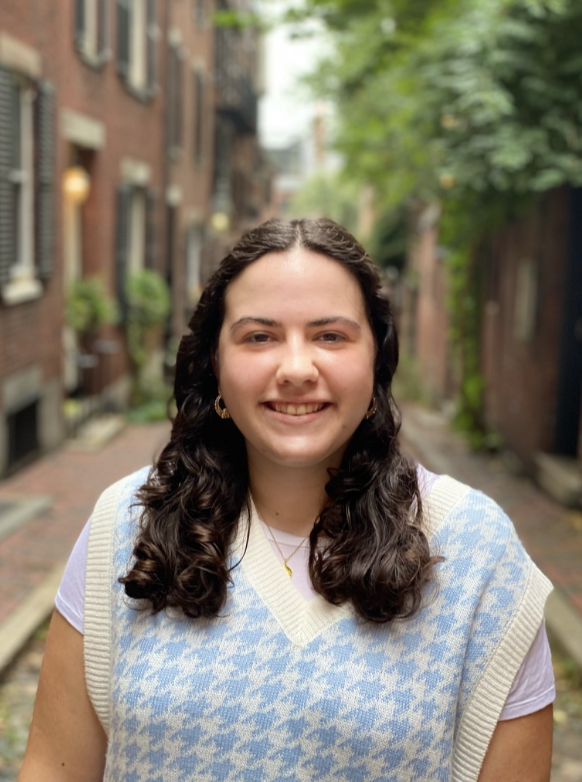Megan Seaver is an undergraduate student at Emmanuel College, pursuing a bachelor’s degree in writing, editing, and publishing, as well as minors in political science and gender studies. Throughout college she has been a part of student organizations, Her Campus and WGS, that help women to speak their truth and to support one another. She believes that being open to hearing the stories and experiences of all women will make it easier to create a safer and more accepting world for all people.
What was your experience of learning about female genital cutting (FGC) for the first time like?
It was primarily an educational experience, as I had little knowledge about FGC when I first started at Sahiyo. I had to look at the practice with an open mind and heart if I was to truly understand why FGC occurs, and therefore better serve the needs of survivors that work with Sahiyo.
When and how did you first get involved with Sahiyo?
I first became involved as an editorial intern back in April. I had seen the position posting on my school's internship board and was attracted to the ways in which Sahiyo uses storytelling as a form of activism.
What does your work with Sahiyo involve?
My work involves editing blog posts for publication, reaching out to Sahiyo’s network with requests, like providing research for a blog or being part of an upcoming campaign. It also involves promoting Sahiyo’s blog and providing volunteers with prompts and topics to write about in posts. I have recently begun sending out weekly writing prompts to our volunteers to help encourage folks with the writing process.
How has your involvement with Sahiyo impacted your life?
It’s encouraged me to be more conscious of my privilege from a feminist perspective, and it’s also caused me to realize that the work I most enjoy doing is work that positively impacts people and their communities.
What words of wisdom would you like to share with others who may be interested in supporting Sahiyo and the movement against FGC?
Just because you are not directly affected by a problem does not mean you cannot be a part of the solution. Suffering and inequality against women and girls is something that affects all people, and therefore a woman's problem is also everyone's problem; that includes FGC.

